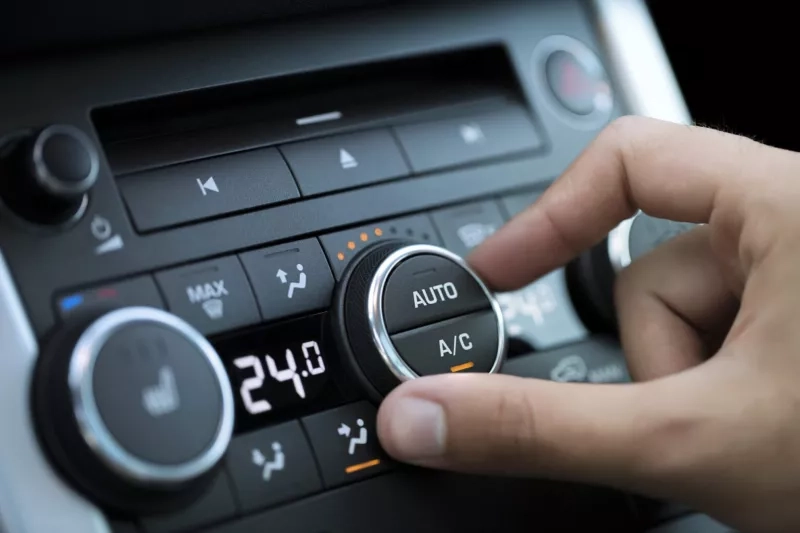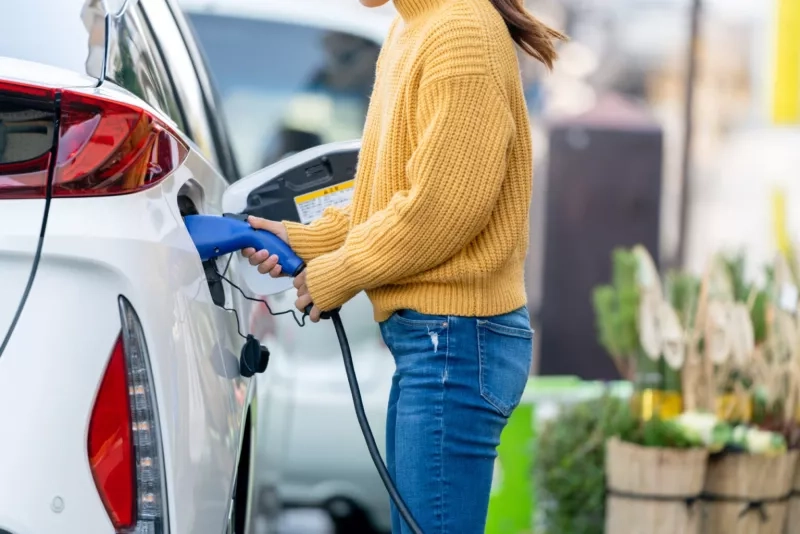
Rev up your knowledge: 9 car myths you thought were true
3 Minute Read
Summary
- Oil changes depend on manufacturer recommendations; many cars require intervals of 8,000-12,000 km.
- Inflate tires to the car’s manual-recommended pressure for safety and even wear.
- Winter tires wear quickly in summer; switch to all-seasons for optimal performance.
When it comes to vehicles, there is no shortage of myths speeding through our minds.
Whether it’s grandpa’s garage wisdom or a friend’s “expert” advice, we’ve all heard wild tales about keeping our vehicles running. It’s time to hit the brakes on these myths and set the record straight.
Buckle in and get ready to have the top car myths debunked.
Myth 1: You need to change your oil every three months
For years, this myth has been drilled into us. However, advancements in oil formations and engine technology mean many newer vehicles do not require an oil change every three months.
Due to these improvements, your car can easily go 8000 km to 12,000 km without needing an oil change. However, if you travel these distances every three months, you should get an oil change.
Refer to your owner’s manual for the manufacturer’s recommendations to ensure optimal engine performance and longevity.
Myth 2: You should inflate tires to the pressure listed on the tires
Ensuring your tires are in good condition and at the correct pressure is crucial for safety and performance.
Pumping up your tires to the maximum pounds per square inch (psi) listed on the sidewall might seem like a good idea, but it can lead to a bumpy ride and uneven tire wear.
Instead, follow the recommended tire pressure in your car’s manual or the driver’s side door jamb.
Myth 3: It's okay to drive on winter tires year-round
Winter tires are designed for cold, icy, snowy conditions, offering superior traction.
However, they wear out faster and provide less performance in warmer weather. When winter conditions have passed, switch to all-season or summer tires for the best driving experience and safety.
Myth 4: You'll get more gas if you fuel up in the morning
The idea behind this car myth is that fuel is denser when it’s cooler, such as in the early morning, and thus, you will get more fuel for the same price.
However, manufacturers design modern fuel tanks to minimize temperature fluctuations, maintaining fuel at a relatively consistent temperature regardless of the time of day.
The change in fuel density is minimal, so you can fill up your tank whenever convenient.
Myth 5: Air conditioning uses more fuel than rolling down the windows

hiphotos35 | iStock
It’s a classic debate: AC or windows down? Using AC does consume extra fuel, but rolling down the windows at high speeds creates additional drag, which can also reduce fuel efficiency.
Generally, driving with the windows down is more efficient at lower speeds, but it is better to stick with the AC at highway speeds.
Myth 6: Leaving your tailgate down saves fuel
There’s a widespread belief that lowering the tailgate makes a truck more aerodynamic, potentially improving fuel efficiency.
However, a Consumer Reports study showed that driving with the tailgate up and without a cover when empty helps to improve fuel efficiency.
Myth 7: Red cars get more tickets
The rumour that red cars are ticket magnets has been cruising around for decades. While red certainly stands out, no evidence proves that red cars get pulled over more often than any other colour.
Tickets are usually the result of how you drive, not what you’re driving. So, go ahead and choose that fiery red without worrying about getting extra attention from the police.
Myth 8: Electric vehicles don't need maintenance

While electric vehicles (EVs) require less maintenance than traditional gas-powered vehicles, they still need regular care.
EVs require tire rotations, brake checks and software updates. The cooling system for the battery and the electric motor also needs to be inspected periodically.
Proper maintenance ensures your EV remains efficient and reliable.
Myth 9: Electric vehicles are expensive to own
While the initial cost of an EV may be a bit higher than that of a gas-powered option, EVs are more affordable to own in the long term.
EVs have fewer moving parts, meaning they need less maintenance, which can help you save on costs.
With an EV, you also save on fuel, as electricity is cheaper than gasoline.
So, there you have it! The next time someone tries to steer you with these car myths, you’ll be armed with the facts. Keep your engines roaring and your ride smooth.

